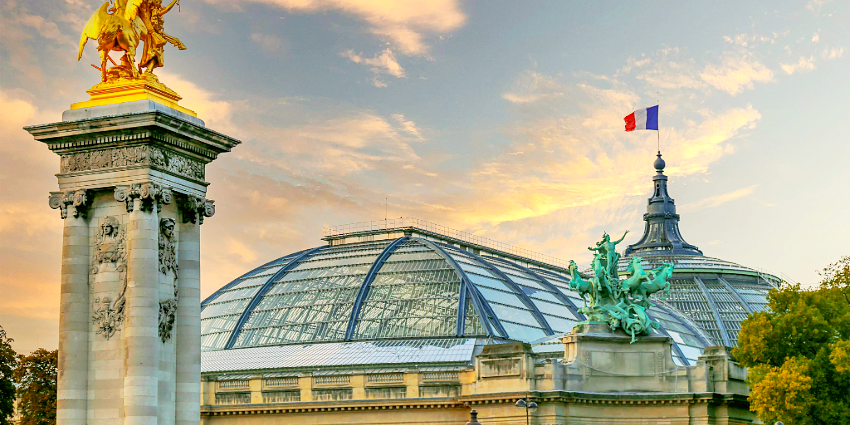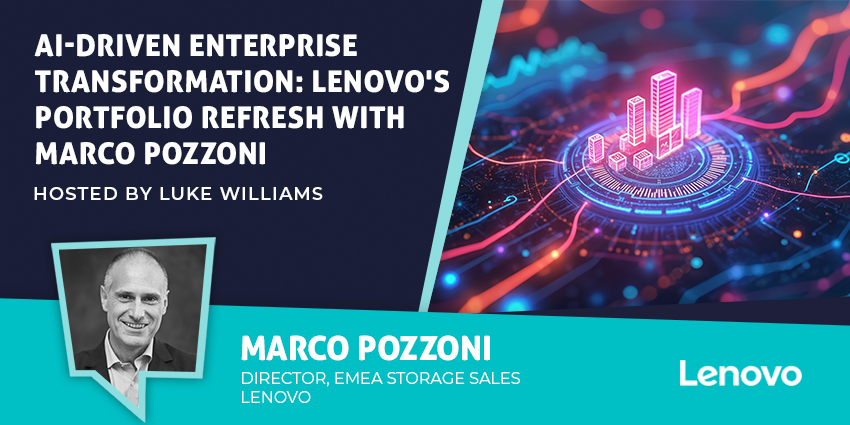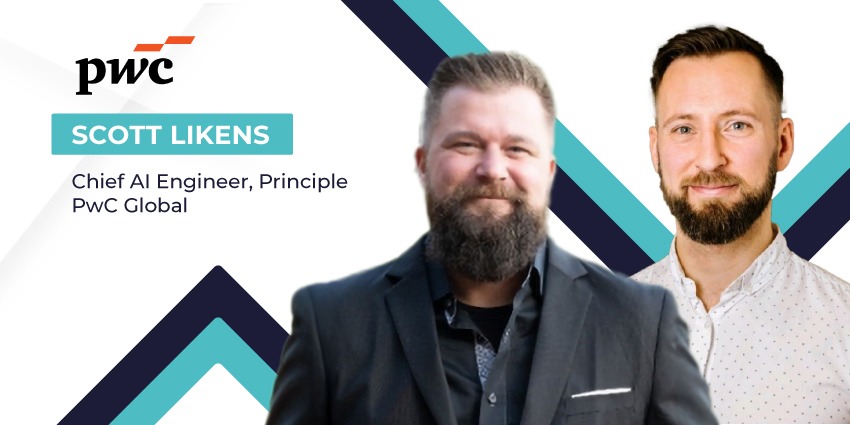Politicians and tech bigwigs arrived at Paris Grand Palais this week for a 2-day summit, where they’ll discuss the impact, development, concerns and future applications around AI.
China’s Vice Premier Zhang Guoqing leads a delegation that will be under scrutiny given DeepSeek’s meteoric rise in recent weeks, and subsequent numerous red flags.
The American delegation has some serious firepower too, with Vice President JD Vance heading a delegation including OpenAI’s Sam Altman and Google’s Sundar Pichai.
India’s PM Modi made his first summit appearance, reflecting a broader global engagement in the AI race.
The attendance of 80 countries, including top brass from the world’s superpowers, shows just how important AI is perceived in global politics and economics.
UK and USA Refuse to Sign AI Declaration
The summit’s tensions were on full display around a joint declaration promoting “open,” “inclusive,” and “ethical” AI development, which both the U.S. and UK declined to sign.
While France, China, and India joined approximately 60 other nations in backing the agreement, the UK government cited concerns about “national security and global governance.” The decision followed Vance’s forceful stance against excessive regulation, claiming it could “kill a transformative industry just as it’s taking off.”
French President Macron defended the need for rules, stating simply: “We need these rules for AI to move forward.” The split highlights growing divisions between nations over how to balance AI innovation with safety and control.
Vance Challenges European Approach
The second and final day of the Paris AI Action Summit has already seen tensions escalate as Vance delivered a forceful critique of European AI regulation. The summit, has highlighted deep divisions between global powers over AI’s future.
In his keynote address today, Vance launched a direct challenge to EU regulatory policies, warning that overzealous regulation threatens to strangle innovation. His message was unequivocal:
America wants to partner with all of you. We want to embark on the AI revolution before us with the spirit of openness and collaboration. But to create that kind of trust, we need international regulatory regimes that foster the creation of AI technology rather than strangle it, and we need our European friends in particular, to look to this new frontier with optimism, rather than trepidation.
The Vice President specifically targeted the EU’s Digital Services Act and GDPR, arguing these measures burden tech companies with excessive compliance costs. He expressed particular concern about potential new restrictions on U.S. tech companies, stating firmly that “America cannot and will not accept that, and we think it’s a terrible mistake, not just for the United States of America, but for your own countries.”
European Response
Host Macron’s promotion of the summit using AI-generated deepfakes has symbolised France’s push for innovation, while the EU unveiled plans for “AI Gigafactories” modelled after CERN. Today, von der Leyen detailed Europe’s “distinctive approach,” emphasising collaborative, open-source solutions.
Macron highlighted France’s nuclear-powered approach to AI infrastructure, contrasting it with U.S. dependency on fossil fuels: France won’t “drill, baby, drill,” more like, “plug, baby, plug.”
With the summit concluding today, participants face the challenge of bridging fundamental differences over AI governance while maintaining the pace of innovation. Vance’s meetings with Macron, Modi, and von der Leyen underscore how AI policy increasingly intersects with broader geopolitical concerns.
China’s Rising Influence and U.S. Warning
China’s presence, led by Vice Premier Zhang Guoqing, has dominated summit discussions following DeepSeek’s recent breakthroughs.
Beijing officials used the platform to condemn Western restrictions on AI tools, promoting their open-source development approach. However, Vance had a stark warning about collaboration with authoritarian regimes, in what appeared to be a direct reference to China:
I would also remind our international friends here today that partnering with such regimes, it never pays off in the long term. Should a deal seem too good to be true, just remember the old adage that we learned in Silicon Valley: if you aren’t paying for the product, you are the product.
Reports indicate Vance had earlier left a leaders’ dinner when Zhang praised trade and UN cooperation.








